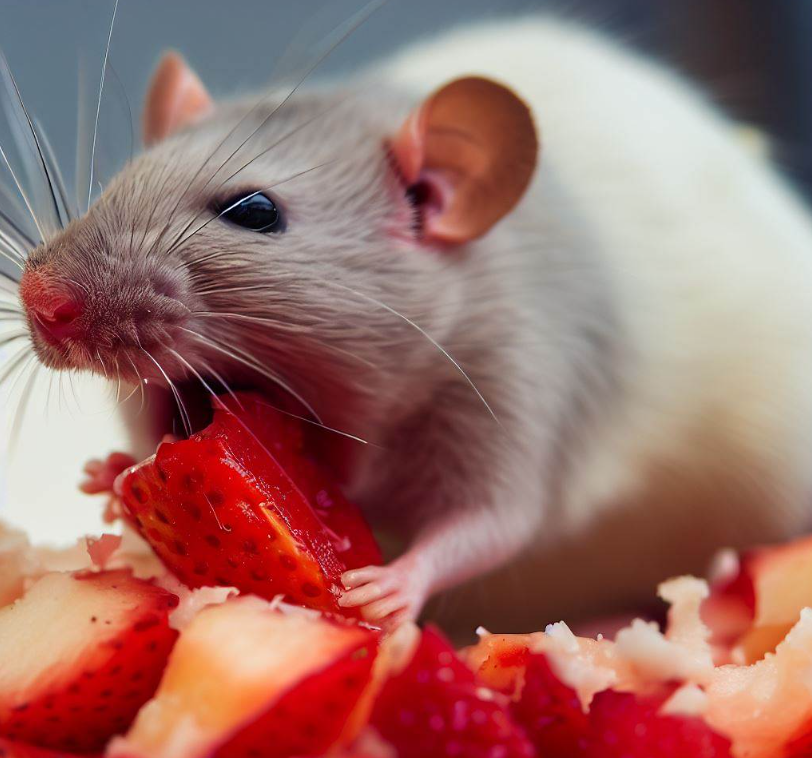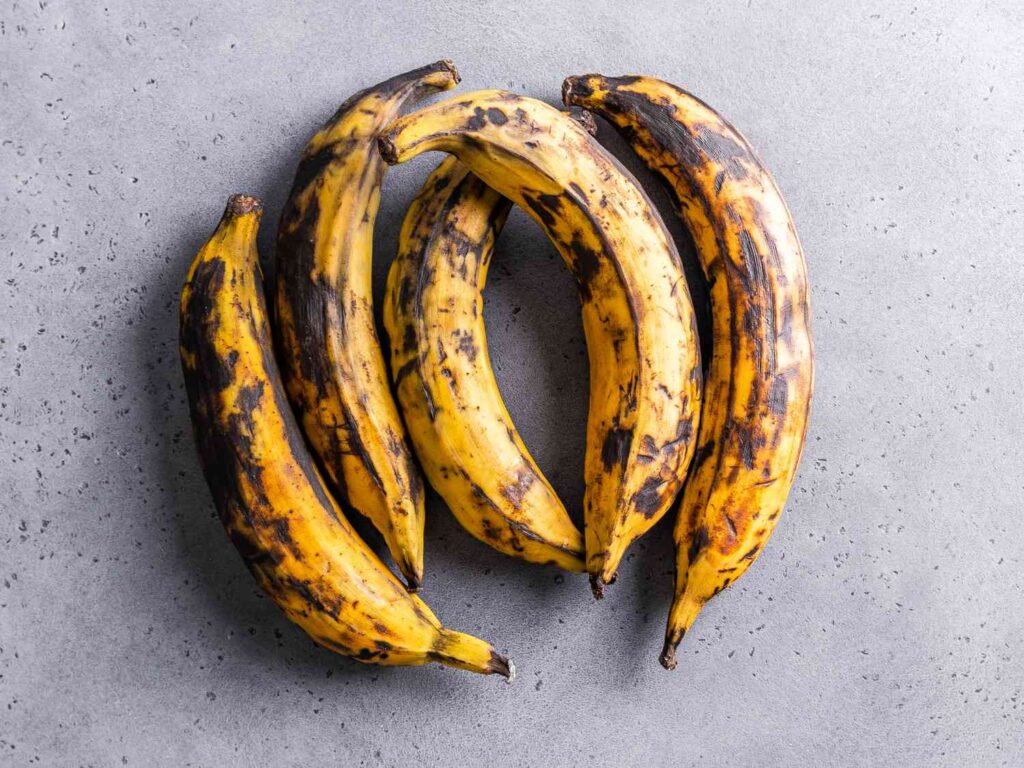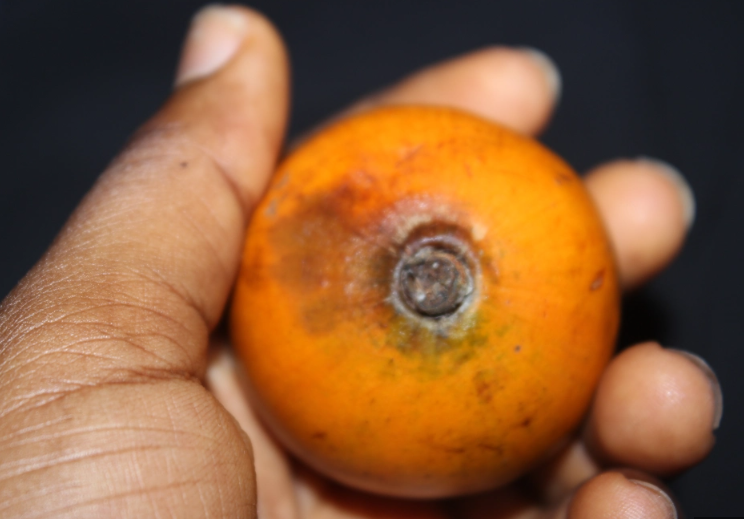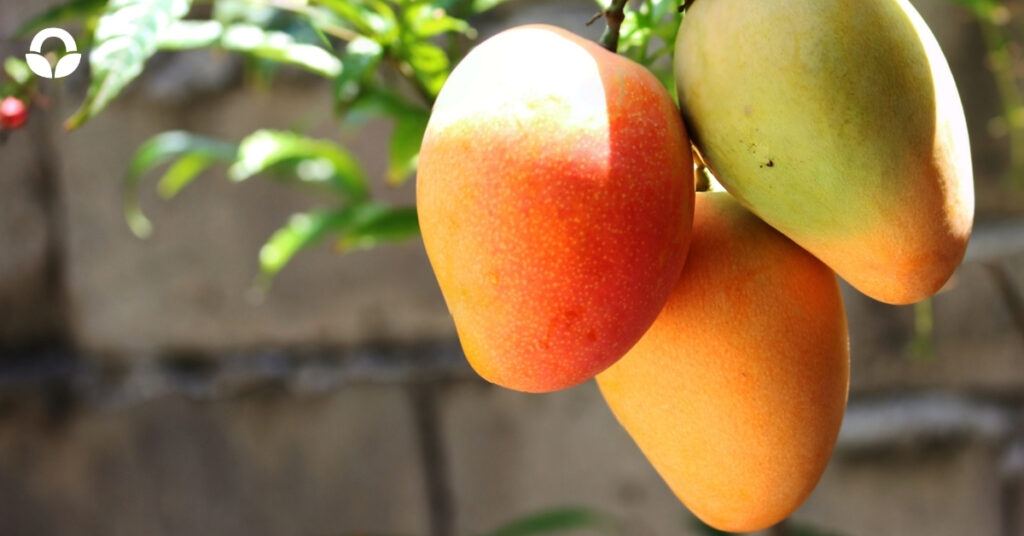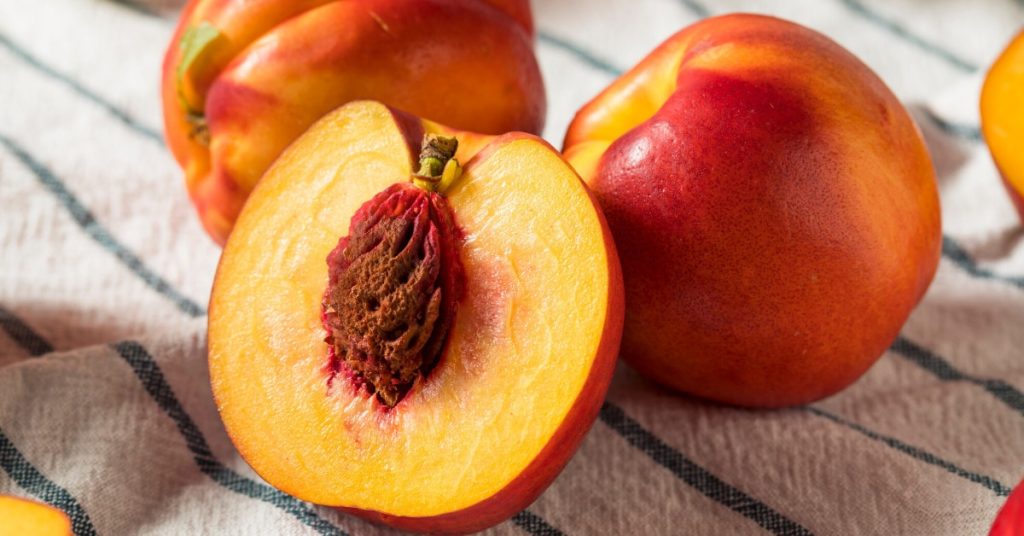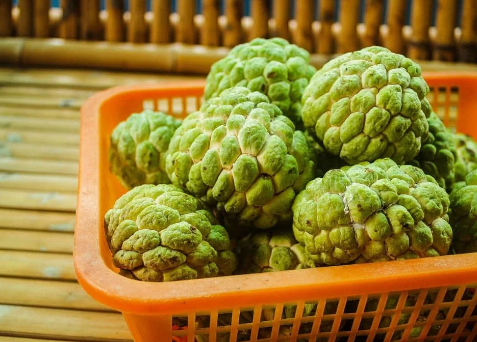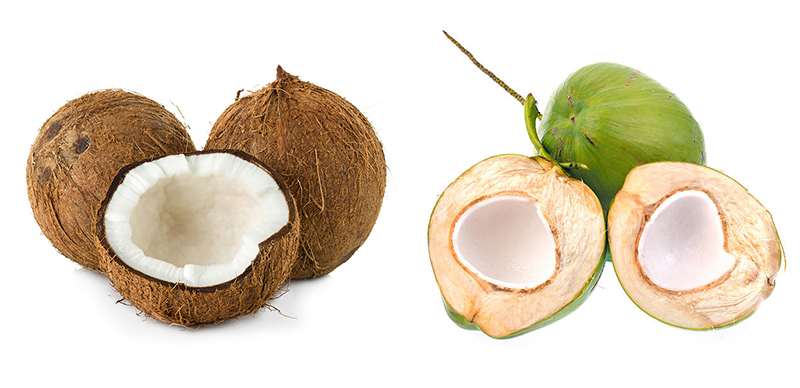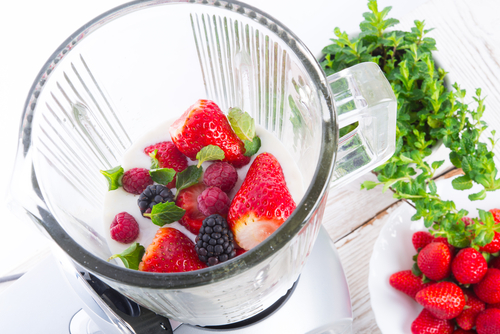Mangos are packed with vitamins like vitamin C and vitamin A, and they’ve got a good amount of a thing called folate too. Eating mango can help you feel full because it’s got lots of fiber, and there are even special things in mangos, called antioxidants, that help keep your cells healthy.
Table of Contents
- Bananas
- Health Benefits
- Mangos
- Bananas
- Ways to Eat Them
- Mangos
- Bananas
- When You Can Get Them
- Mangos
- Bananas
- Different Types of Mangos
- Alphonso
- Tommy Atkins
- Kent
- Different Types of Bananas
- 1. Cavendish
- 2. Plantain
- 3. Lady Finger
- Mango vs. Banana: Key Differences
- Conclusion
- Taste and Texture
- Mangos
- Bananas
- Nutritional Value
- Mangos
- Bananas
- Health Benefits
- Mangos
- Bananas
- Ways to Eat Them
- Mangos
- Bananas
- When You Can Get Them
- Mangos
- Bananas
- Different Types of Mangos
- Alphonso
- Tommy Atkins
- Kent
- Different Types of Bananas
- 1. Cavendish
- 2. Plantain
- 3. Lady Finger
- Mango vs. Banana: Key Differences
- Conclusion
Bananas
Bananas are famous for being full of potassium, which is important for making your heart work better and keeping your blood pressure normal. They also have vitamin C, vitamin B6, and, just like mangos, a lot of fiber. Plus, if you need a quick pick-me-up, bananas are a great way to get a burst of energy.
Health Benefits
The good stuff in mangos and bananas can do a lot to keep you feeling great:
Mangos
Mangos have antioxidants that help your body fight against diseases and keep down swelling. They have lots of fiber, which makes your belly happy, and special enzymes that help break food down when you eat.
Bananas
Eating bananas can be good for your heart because of all the potassium in them. They can also help your stomach feel better if you’re feeling backed up. Some people say that bananas can even make you feel happier because of a thing called dopamine and other stuff that’s good for your brain.
Ways to Eat Them
You can do lots with mangos and bananas in the kitchen:
Mangos
Mangos are great in both sweet and not-sweet dishes. You can cut them up and put them in salads or blend them into a drink. They’re yummy in desserts too, like in a cool mango ice or a creamy rice dish. If you like to cook, try mixing mangos with meat or fish to give it a sweet tropical twist.
Bananas
Bananas can be used in all sorts of foods. Blend them into shakes, bake them into bread, or slice them up on top of cereal or yogurt. Did you know that if you freeze bananas and blend them, they turn into a creamy treat that’s like ice cream? How cool is that?
When You Can Get Them
Mangos and bananas might not grow everywhere, but here’s when you can usually find them:
Mangos
Mangos grow mostly in places that are warm and sunny all year round. But because we can ship fruits from one place to another, you can enjoy mangos any time of the year, no matter where you live.
Bananas
Bananas are one of the most popular fruits on the planet and they grow in lots of countries. You can usually find bananas at any store, any time of the year, which is really handy!
Different Types of Mangos
Mangos come in lots of different shapes, sizes, and flavors. Here are a few kinds:
Alphonso
People often call the Alphonso mango the “King of Mangos” because it’s so sweet and smells amazing. The inside is super soft and creamy.
Tommy Atkins
The Tommy Atkins mango is really common in stores. It’s got bright red and green skin and a taste that’s a little sour but also sweet.
Kent
The Kent mango is big, sweet, and juicy. Its skin turns a mix of green, yellow, and red when it’s ready to eat.
Different Types of Bananas
Bananas also have different kinds which can taste and look a bit different from each other. Some of the
There are many kinds of bananas, but some of the most common ones include:
1. Cavendish
The Cavendish banana is the type of banana most people eat around the world. It’s soft and has a nice sweet taste that isn’t too strong.
2. Plantain
Plantains look like bananas, but they are not as sweet. Usually, people cook them before eating, and they are used in meals that aren’t sweet, like main dishes. They are also harder and not as soft as regular bananas.
3. Lady Finger
The Lady Finger banana is also called a baby banana. These bananas are small and very sweet. They are soft to eat and have a really nice taste.
Mango vs. Banana: Key Differences
Mangoes and bananas are both fruits from warm places, but they’re pretty different:
- Taste: Mangoes taste sweet and a bit sour, like a mix of many tropical flavors. Bananas have a simpler sweet taste that’s not too strong.
- Texture: Some mangoes are very smooth, while others can feel a bit stringy. Bananas are always soft and mushy.
- Nutritional Profile: Mangoes give you lots of vitamin C and vitamin A. Bananas are full of good stuff too, like potassium and vitamin B6.
- Culinary Uses: You can use mangoes in lots of different foods, from sweet desserts to meals with rice or meat. Bananas are great by themselves and are also used a lot in making cakes, cookies, and blender drinks like smoothies.
Conclusion
When you compare mangoes and bananas, each fruit has its own special taste and benefits.
Mangoes are juicy, have an exciting flavor, and can be used in all sorts of meals. Bananas have a soft, gentle taste and lots of healthy stuff your body needs. They’re also yummy on their own or used in sweet food.
Whether you want the juicy taste of mangoes or the soft sweetness of bananas, adding these fruits to what you eat can make your meals tastier and healthier. Enjoying both mangoes and bananas can be a great idea for a happy, healthy diet.
When you think of the word “tropical”, juicy fruits with vibrant tastes often come to mind, right? Mangos and bananas are two of the tastiest and most loved tropical fruits around the world.
In this article, we’ll take a closer look at mangos and bananas. We’ll explore what makes each of these fruits unique, including their flavor, nutrients, and the different ways you can eat them.
Both mangos and bananas are not just tasty, they’re also super good for you. They can be eaten on their own or used in lots of different recipes. Mangos are juicy with a sweet, tropical taste, while bananas are known for their soft, creamy texture and gentle flavor.
Taste and Texture
Let’s talk about what makes mangos and bananas different in terms of taste and how they feel when you eat them:
Mangos
Mangos have a super juicy inside and a taste that’s both sweet and a bit sour, kind of like oranges and pineapples. Depending on the type of mango, you might find it to be super smooth and creamy, or a little bit stringy.
Bananas
Bananas are sweet with just a tiny bit of sour. They are very smooth and creamy, making them really easy to mash up and mix into things like smoothies or cake batters.
Nutritional Value
Mangos and bananas are full of good stuff that helps keep you healthy:
Mangos
Mangos are packed with vitamins like vitamin C and vitamin A, and they’ve got a good amount of a thing called folate too. Eating mango can help you feel full because it’s got lots of fiber, and there are even special things in mangos, called antioxidants, that help keep your cells healthy.
Bananas
Bananas are famous for being full of potassium, which is important for making your heart work better and keeping your blood pressure normal. They also have vitamin C, vitamin B6, and, just like mangos, a lot of fiber. Plus, if you need a quick pick-me-up, bananas are a great way to get a burst of energy.
Health Benefits
The good stuff in mangos and bananas can do a lot to keep you feeling great:
Mangos
Mangos have antioxidants that help your body fight against diseases and keep down swelling. They have lots of fiber, which makes your belly happy, and special enzymes that help break food down when you eat.
Bananas
Eating bananas can be good for your heart because of all the potassium in them. They can also help your stomach feel better if you’re feeling backed up. Some people say that bananas can even make you feel happier because of a thing called dopamine and other stuff that’s good for your brain.
Ways to Eat Them
You can do lots with mangos and bananas in the kitchen:
Mangos
Mangos are great in both sweet and not-sweet dishes. You can cut them up and put them in salads or blend them into a drink. They’re yummy in desserts too, like in a cool mango ice or a creamy rice dish. If you like to cook, try mixing mangos with meat or fish to give it a sweet tropical twist.
Bananas
Bananas can be used in all sorts of foods. Blend them into shakes, bake them into bread, or slice them up on top of cereal or yogurt. Did you know that if you freeze bananas and blend them, they turn into a creamy treat that’s like ice cream? How cool is that?
When You Can Get Them
Mangos and bananas might not grow everywhere, but here’s when you can usually find them:
Mangos
Mangos grow mostly in places that are warm and sunny all year round. But because we can ship fruits from one place to another, you can enjoy mangos any time of the year, no matter where you live.
Bananas
Bananas are one of the most popular fruits on the planet and they grow in lots of countries. You can usually find bananas at any store, any time of the year, which is really handy!
Different Types of Mangos
Mangos come in lots of different shapes, sizes, and flavors. Here are a few kinds:
Alphonso
People often call the Alphonso mango the “King of Mangos” because it’s so sweet and smells amazing. The inside is super soft and creamy.
Tommy Atkins
The Tommy Atkins mango is really common in stores. It’s got bright red and green skin and a taste that’s a little sour but also sweet.
Kent
The Kent mango is big, sweet, and juicy. Its skin turns a mix of green, yellow, and red when it’s ready to eat.
Different Types of Bananas
Bananas also have different kinds which can taste and look a bit different from each other. Some of the
There are many kinds of bananas, but some of the most common ones include:
1. Cavendish
The Cavendish banana is the type of banana most people eat around the world. It’s soft and has a nice sweet taste that isn’t too strong.
2. Plantain
Plantains look like bananas, but they are not as sweet. Usually, people cook them before eating, and they are used in meals that aren’t sweet, like main dishes. They are also harder and not as soft as regular bananas.
3. Lady Finger
The Lady Finger banana is also called a baby banana. These bananas are small and very sweet. They are soft to eat and have a really nice taste.
Mango vs. Banana: Key Differences
Mangoes and bananas are both fruits from warm places, but they’re pretty different:
- Taste: Mangoes taste sweet and a bit sour, like a mix of many tropical flavors. Bananas have a simpler sweet taste that’s not too strong.
- Texture: Some mangoes are very smooth, while others can feel a bit stringy. Bananas are always soft and mushy.
- Nutritional Profile: Mangoes give you lots of vitamin C and vitamin A. Bananas are full of good stuff too, like potassium and vitamin B6.
- Culinary Uses: You can use mangoes in lots of different foods, from sweet desserts to meals with rice or meat. Bananas are great by themselves and are also used a lot in making cakes, cookies, and blender drinks like smoothies.
Conclusion
When you compare mangoes and bananas, each fruit has its own special taste and benefits.
Mangoes are juicy, have an exciting flavor, and can be used in all sorts of meals. Bananas have a soft, gentle taste and lots of healthy stuff your body needs. They’re also yummy on their own or used in sweet food.
Whether you want the juicy taste of mangoes or the soft sweetness of bananas, adding these fruits to what you eat can make your meals tastier and healthier. Enjoying both mangoes and bananas can be a great idea for a happy, healthy diet.
